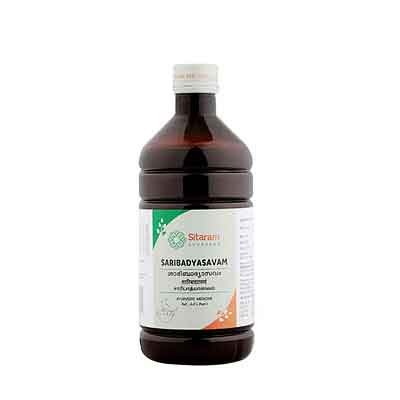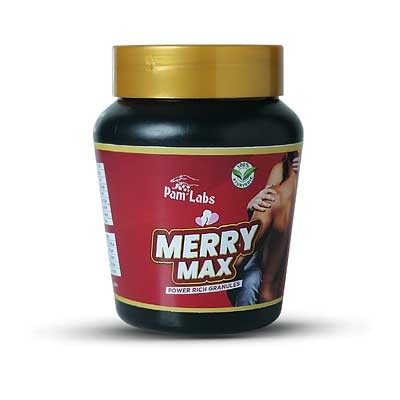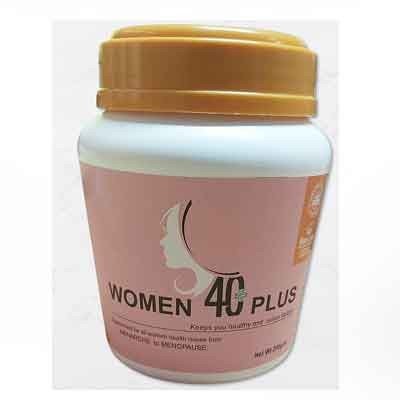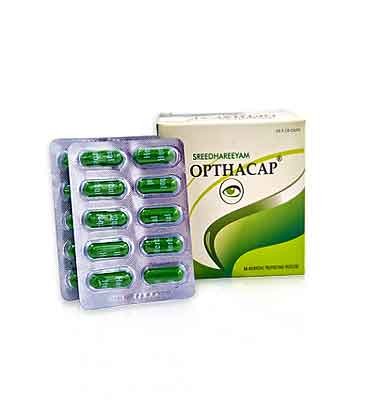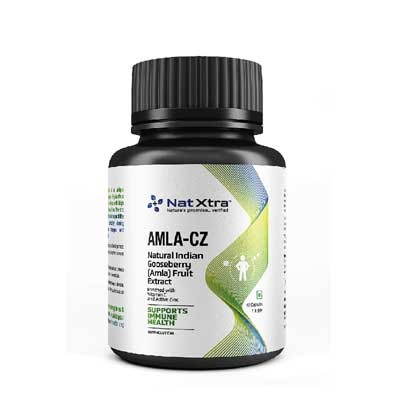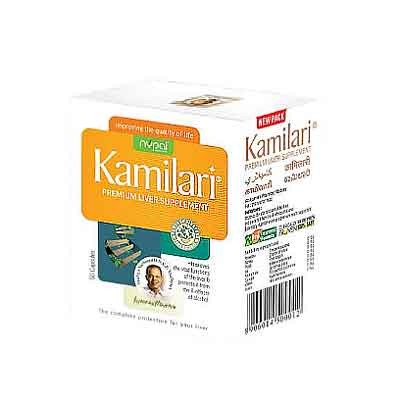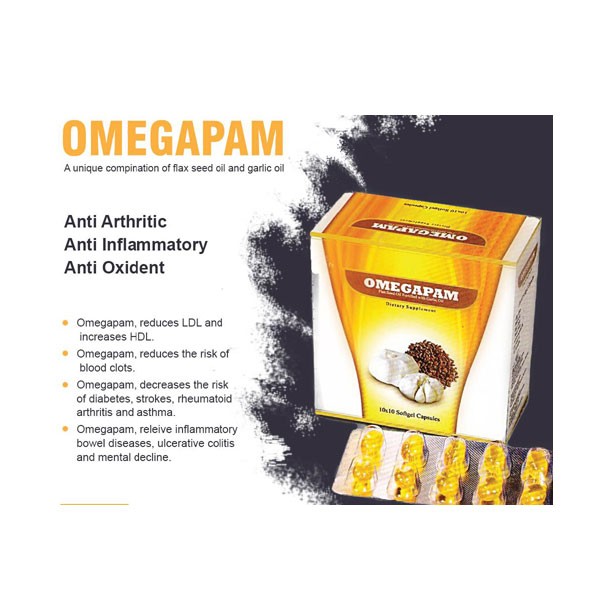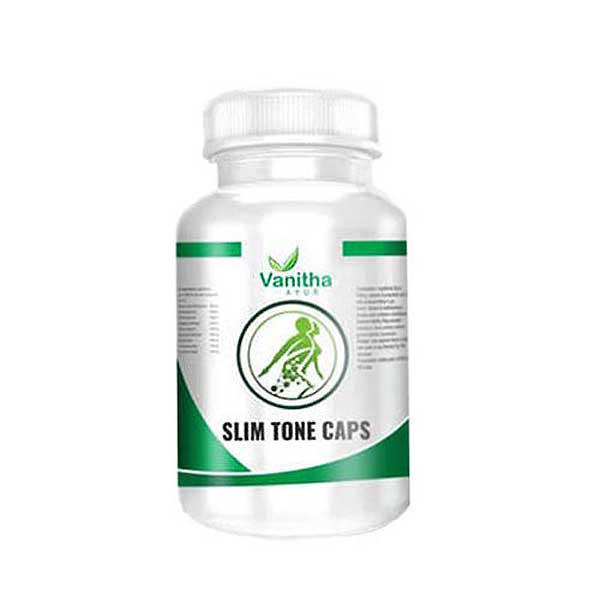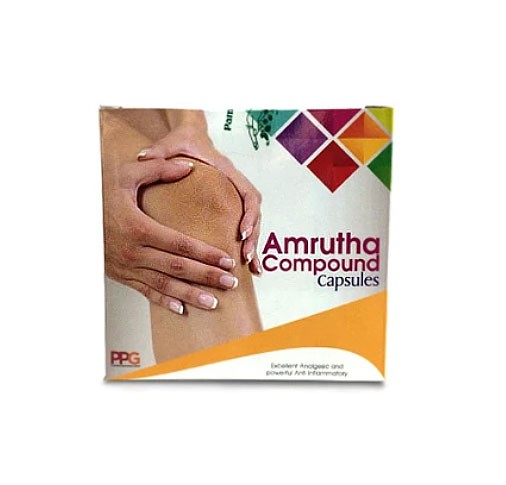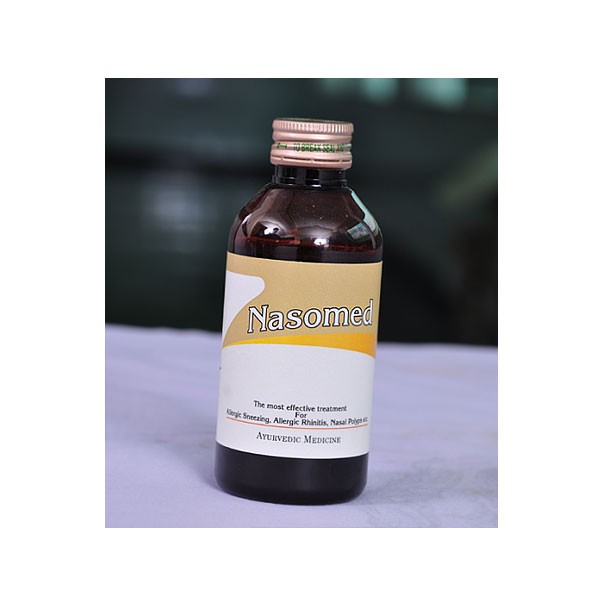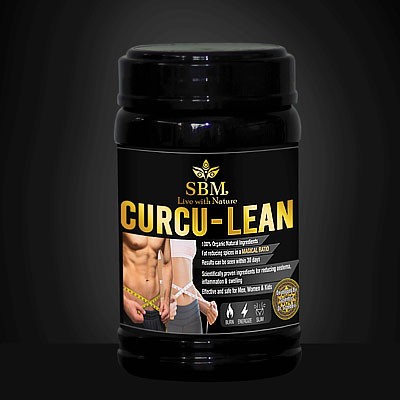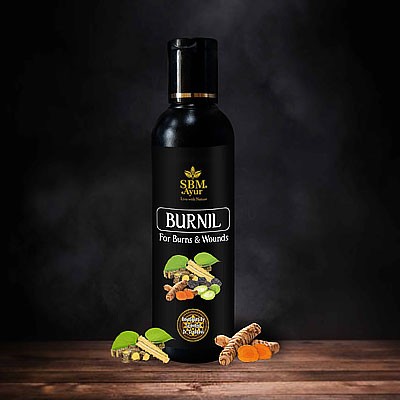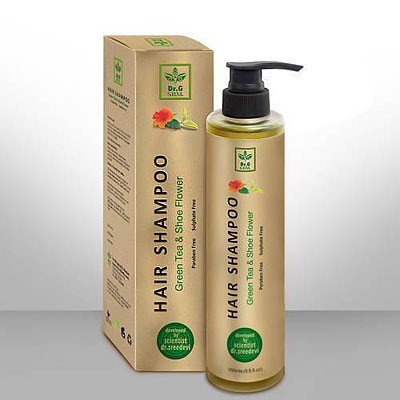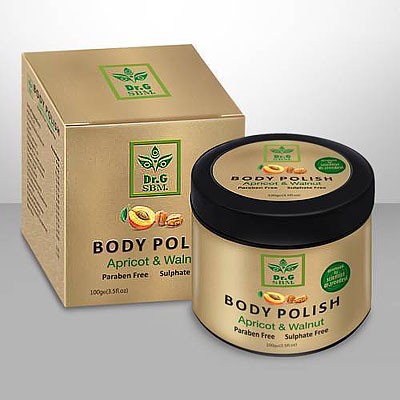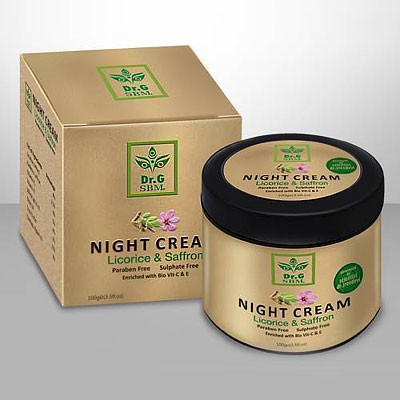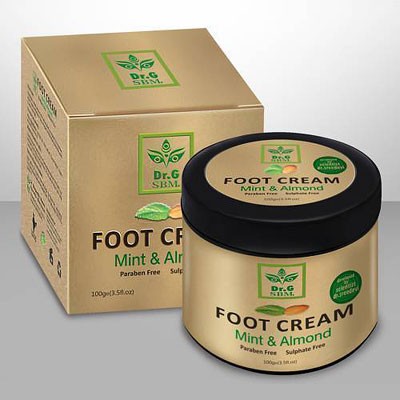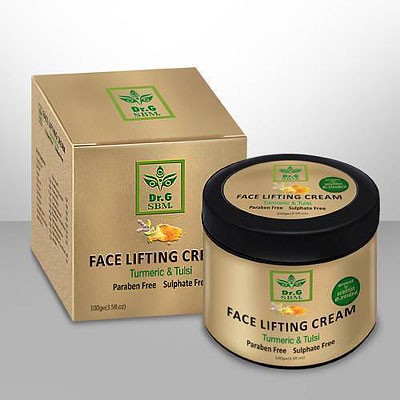Deeply cooling and refreshing. Saribadyasava soothes the heat of pitta from within.
Cleanses and detoxifies the body. Enhances liver and kidney function. Improves blood heme levels.
Purifies the blood and improves circulation. Beneficial in chronic inflammatory disorders.
Improves and maintains skin health. Effective in treating skin pigmentation, acne, blisters and heat rashes.
Recurrent infection and inflammation of the urinary tract and genital tract is commonplace in women, especially in the menopausal period. Saribadyasava manages the condition and prevents recurrence.
Calms the mind and excites nerves. Helpful in managing stress and anxiety.
Adult: 25-30 ml twice or thrice daily after food.
Child: 10-15 ml once or twice daily after food.
Key ingredients and their properties
SARIVA (Hemidesmus indicus)
Sariva, is a semi-erect herb that has various phytoconstituents. These compounds add medicinal value to the herb. Sariva has been used in the Ayurvedic system of medicine for many years. It is used in the treatment of conditions like skin disorders, diarrhea, dysentery, eye diseases, syphilis, leukoderma, dyspepsia, chronic fever, leprosy, asthma, and others. The cold nature of the drug helps in reducing acidity in urine and thereby ill effects of urinary tract infections.
MUSTA (Cyperus rotundus)
Commonly known as common nutsedge. Effective in gastritis, irritable bowel syndrome. Due to its breast purification property, it is used during postpartum care to avoid indigestion to the child. Nut Grass has a long history of medicinal use in the Ayurvedic system of medicine. Musta (Cyperus rotundus) exhibits a broad spectrum of antibacterial activity against UTI-causing pathogens.
LODRA(Symplocos recemosa)
All parts like roots, bark as well as leaves of this plant are used for medicinal purposes but most useful is its stem.Lodhra is considered useful in managing female disorders such as leucorrhea (excessive vaginal discharge) which is caused by vaginal infections as it has antimicrobial and anti-inflammatory properties. It helps to manage excessive menstrual bleeding by promoting blood thickening due to its astringent and hemostatic (process which stops bleeding) properties. This hemostatic property is also useful in managing nose bleeding.
PIPPALI (Piper longum)
Pippali is known as “tridoshic” herb as it suits all body types. Thus regular consumption of pippali in the suggested quantity can help you to immune your body to quite an extent. Pippali has anti-microbial, anti-inflammatory activity. Consumption of pippali is said to exhibit anti-spasmodic action and hypoglycaemic effect which is believed to lower blood sugar levels. It is also reported to be the antagonist in respiratory depression. Also due to its cooling post-digestive effect consumption of pippali is considered as a safe and effective option to avoid all sorts of digestive disorders.
PATHA(Cyclea peltata)
It is widely used in bone fracture and wound healing. Also used in the treatment of fever and act as a breast milk purifier. Commonly known as Indian moonseed. Enhances immunity and prevents inflammation of the respiratory passages due to its immunomodulatory and anti-inflammatory properties. Used in conditions including infertility, wound, hypertension, and skin diseases.
AMALAKI (Embilica officinalis)
The benefits of Amalaki are numerous, which part of why it is considered to be the best antiaging ingredient in all of Ayurveda. metabolism, elimination and normal liver function and excellent for the hair and skin. The fruit is an important source of vitamin C, minerals, and amino acids. It contains three times the protein concentration and vitamin C (ascorbic acid) concentration than apple.
GULUCHI(Tinospora cordifolia)
It is a well-recognized and widely distributed traditional plant that is used successfully in Indian Ayurveda medicine. Guduchi helps increase the effectiveness of protective white blood cells which fight infection. The herb also augments immune responses to infections by influencing various immune effector cells and ensures early recovery. It’s effective in Infections in the respiratory system, skin, and soft tissues, Infected wounds, especially in diabetic conditions and immune-compromised conditions.
RAKTACHANDANA (Pterocarpus santalinus)
Red sandalwood is a tree. The wood at the center of the trunk (heartwood) is used as medicine. Red sandalwood is used for treating digestive tract problems, fluid retention, and coughs; and for “blood purification.”
CHANDANA(Santcalum album)
Sandalwood or Svetchandan is also known as Srigandha as per Ayurveda. It is one of the oldest and most precious sources of natural fragrance with immense medicinal and commercial significance. Sandalwood oil has various benefits for the skin. The topical application of Sandalwood oil on the face helps promote skin cell growth. Generally, it is considered as the best remedy for headaches when applied in the form of paste or oil. Inhalation of Sandalwood oil also helps to manage respiratory infections that work by reducing the inflammation in the lung airways due to its anti-inflammatory property.
KATUROHINI(Picrorhiza kurroa)
Commonly known as katuki. Used to treat skin conditions including eczema and vitiligo, a disorder that causes white patches on the skin. It is considered to be an important detoxifying or liver degenerating herb. Consumed with either warm water or ghee, it can naturally protect the body from seasonal dangers. You can also try adding powdered katuki to your meals to boost your health.
ELA(Elettaria cardomum)
Elaichi has very good anti-bacterial and anti-fungal properties. It helps in reducing inflammation. Cardamon is often given the epithet ‘queen of spices’ as it is used to flavor food in many countries. In addition, the herb has several health benefits. The German Commission E has indicated the use of Cardamom in dyspepsia and as a cholagogue, which promotes bile discharge from the system. The herb is also helpful in treating gum and teeth infections, throat congestion and kidney disorders.
KUSHTAM (Saussuria lappa)
Kushta is a well-used drug in Ayurveda that has good anti-inflammatory and antibacterial properties. It also helps in preventing infections. The roots contain retinoids, essential oils, alkaloids, insulin and other minor constituents like tannins and sugars. The root (containing both the essential oil and alkaloid saussurine) is used to treat asthma, by relaxing the bronchioles. The herb’s gum-resin has significant anti-inflammatory properties. The gum-resin is used in treating osteoarthritis, juvenile rheumatoid arthritis, soft tissue fibrositis and spondylitis. The essential oil derived from the gum resin has antifungal properties.
DRAKSHA (Vitis vinifera.)
Commonly known as grapes. It is used in both dry and wet forms. Its juice is given to children mixing with water it relieves constipation. Regular application of Grapes in the form of a face pack protects skin from harmful ultraviolet radiation. It is used in the preparation of asavas and arishtas.
